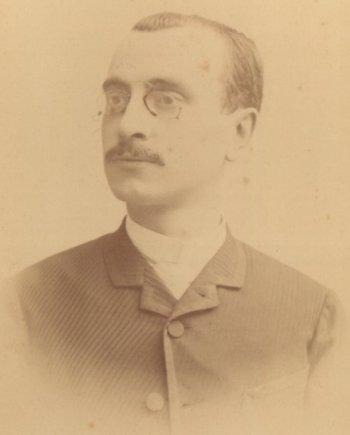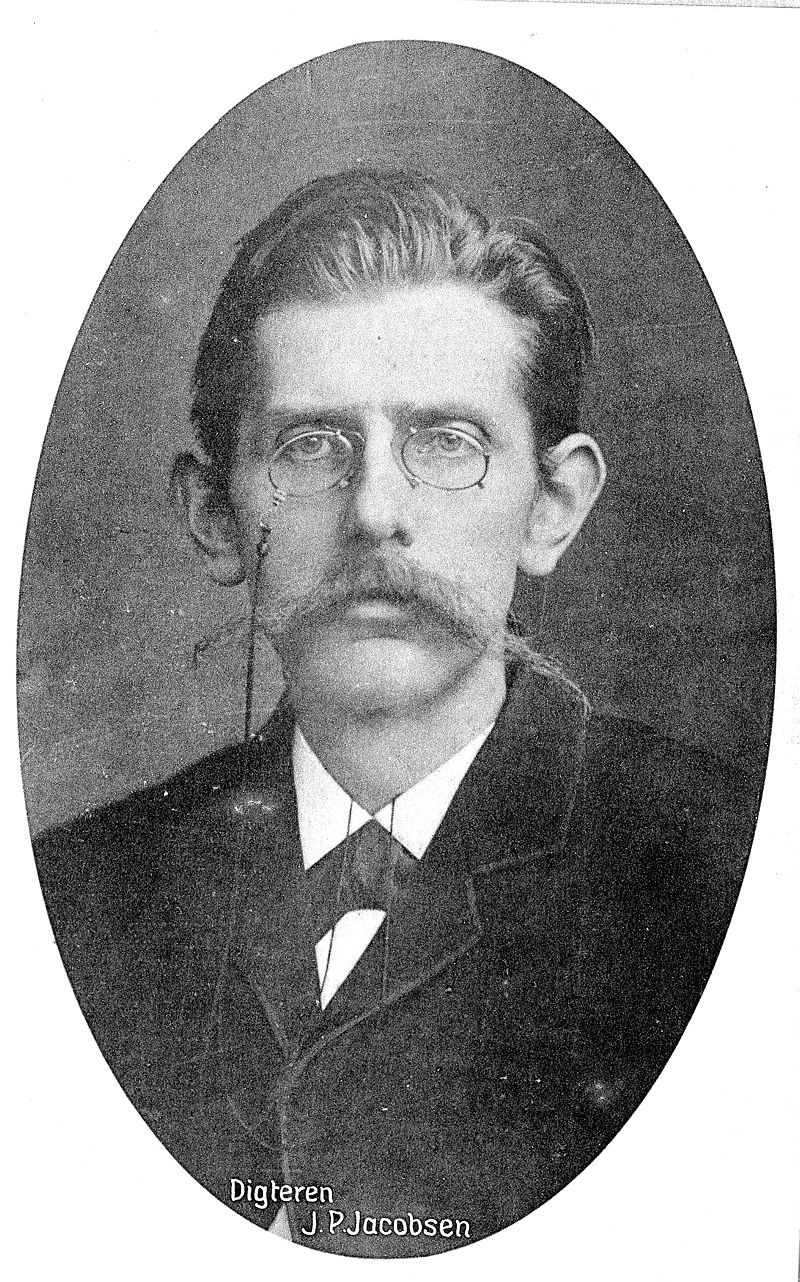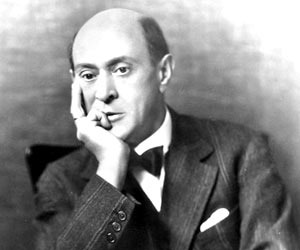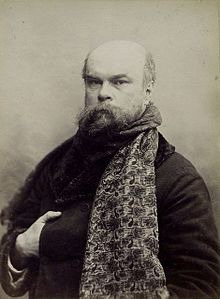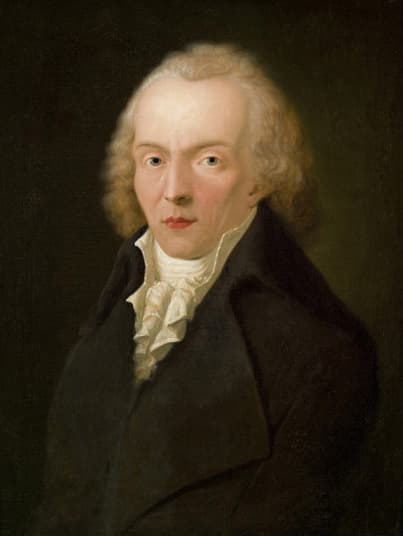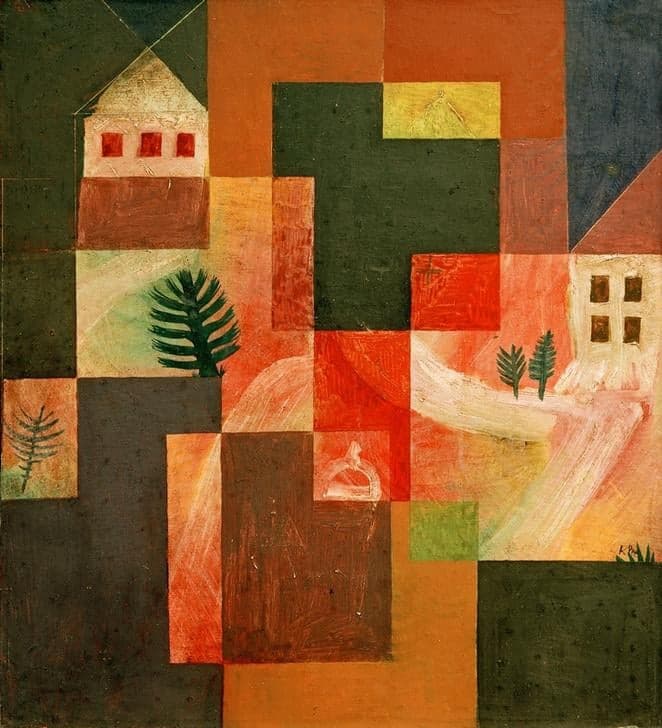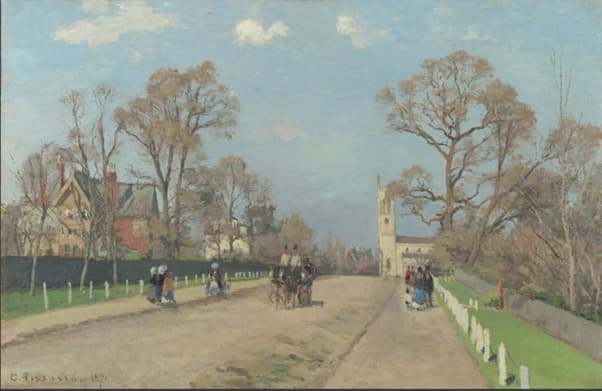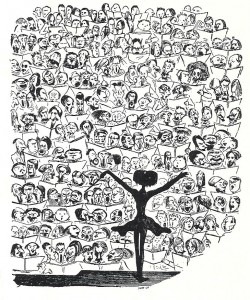
Drawing of Berlioz conducting a choir, by Gustave Doré, 1850
The poet was his friend and neighbour, Théophile Gautier, and the songs were made from poems chosen from the collection La comédie de la mort (The Comedy of Death). The poems were published in 1838 and the songs in 1841, but it is thought that Berlioz had already begun working on the songs before the poems were published, having seen them in manuscript.
Théophile Gautier (1811-1872) came to Paris in 1814 from southwestern France. Illness kept him out of school and he largely was educated by his father, becoming a Latin scholar. While in school, he became a life-long friend of the poet Gérard de Nerval and, through him, met the leading dramatist of the day, Victor Hugo. Hugo remained a great influence on Gautier. Gautier’s writings were also influenced by his love for travel, and in addition to his poetry and journalism, he was also known for his travel writing, it being considered some of the best from the nineteenth century.
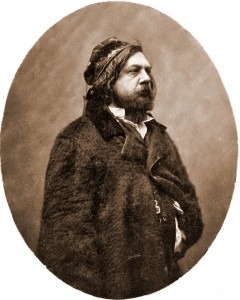
Théophile Gautier, by Nadar c1856-1
The second song, Le spectre de la rose, is about death, but that of a rose, who threatens the woman who carried it with haunting her with its scent – it’s really, however, about love, for the rose is proud to have died to be carried by HER.
Berlioz: Les nuits d’été: No. 2. Le Spectre de la rose (Anne Sofie von Otter, mezzo; Berlin Philharmonic Orchestra; James Levine, cond.)
And so we go, each song a bit more serious, a bit darker. In the end, we have a boat song, a Barcarolle. Since the boat has only angels for sailors, we must assume that this is the young woman’s funeral barge. She is asked where she wants to go – and all the world is a possibility: the Baltic or the island of Java? She however, asks to go only to the unknown island: the Land of Love.
No. 6. L’île inconnue
When Berlioz discovered Romanticism, he started with, of all people, Shakespeare. He moved through the English Romantic, including Lord Byron, and from France, he took up Victor Hugo, Gérard de Nerval and their friend Théophile Gautier.

